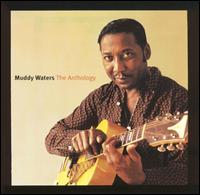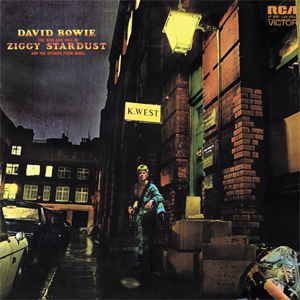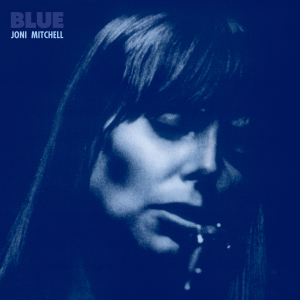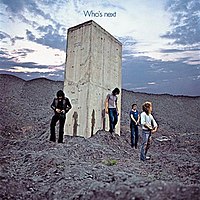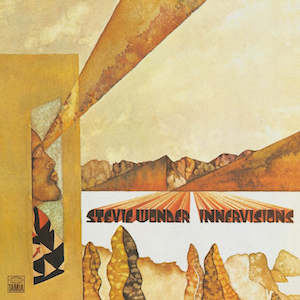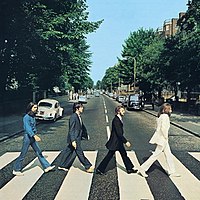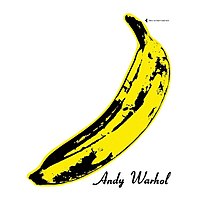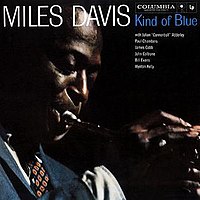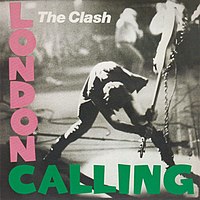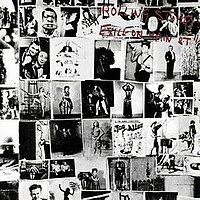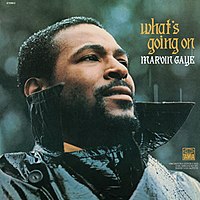 Band:
Band: Nirvana
Album: Nevermind
Why Rolling Stone gets it right:Nirvana is the most important band of the past, say, 25 years. Grunge rock brought the punk ethos and DIY styling to popular music that was sadly lost in the hair band '80s and parachute pants rap of the early '90s (MC Hammer and Heavy D come to mind).
Why Rolling Stone gets it wrong: I personally think it should be a top 10 record, maybe top five.
Best song: "Come As You Are" is one of my favorite songs ever, but you could say "Smells Like Teen Spirit" is more important. "In Bloom" is brilliant, as is the sarcastic "Polly" and the lilting "Drain You."
Worst song: There is not a bad song on here. "Territorial Pissings" is the least
serious, for what that's worth.
Is it awesome?: Absolutely, positively, yes.
Something that I only alluded to
"my biases" is important to explain with "Nevermind." I'm 26 years old. I was 10 when Nevermind first came out and 13 when Kurt Cobain committed suicide. I was 15 when "MTV Unplugged in New York" came out.
Thirteen is a time when you're packed with hormones, you're stupid and you hero worship. I adored Kurt Cobain and continue to do so. "Nevermind" was the first record with songs on it that I learned on the guitar ("Come As You Are," actually).
Whatever my biases, it's basically impossible to say that "Nevermind" wasn't a landmark album. It came at a time when music was dominated by focus grouped bands with giant hair who played big ballads about ex-girlfriends over heavily affected guitars and synthesized strings.
"Nevermind" came along and basically showed people what rock and roll is about. Rock and roll, on a lot of levels, is representative democracy. We make mix tapes -- and use other people's emotions to mirror our own -- for our girlfriends/boyfriends. We score our movies with old songs. Politicians seek out zeitgeist songs to reflect their voting blocs.
We "elected" rock stars as our representatives for much of the '80s as reflections of what we wanted to be. Larger than life heroes in leather vests, playing stage shows with lots of pyro. The only "everyman" singers in the '80s were dumpy white guys like Huey Lewis. That motherfucker just wanted to write songs about sports.
Kurt Cobain was the populist candidate. He looked like the slacker generation, working at video stores and playing Super Mario Bros. He wore cardigans and Chuck Taylors. He had stringy hair and a drug addiction. He was strikingly handsome, but his band mates were an ogre and a mountain of hair. He wrote lyrics of metaphor and parody.
The Sub Pop sound (Black Flag meets Black Sabbath) isn't as evident on "Nevermind" as it is on "Bleach" and "In Utero." In fact, "Nevermind" is Nirvana's
least punk record. It's still hard-edged and takes influence from bands as diverse as the Pixies, Fleetwood Mac, the Meat Puppets, the Beatles, Sonic Youth and Flipper.
The track listing is phenomenal. Not unlike "Revolver," there isn't a bad song on there. The adolescent revolution of "Smells Like Teen Spirit" turns into the anti-fan "In Bloom" which flows into the heroin-soaked "Come As You Are." The mating apathy (Cobain once said the lyrics were about "Getting into Middle America. Marrying at age 18, getting pregnant, stuck with a baby - and not wanting it.") of "Breed" is followed by the drug-user-finds-God anthem of "Lithium."
And so on.
"Nevermind" is rock and roll at a crossroads. It's the best record with a punk ethos since the Clash and the best pop rock record to come out of the '90s.
---
There is an other opinion that I imagine I should put forth, which I don't totally disagree with. The opinion (proposed by my friend Joe) is as such:
The Nirvana mystique (much like, I dunno, the Velvet Underground mystique) deserves to be cut down to size, and barring any future Spin Magazine cover stories and "I *Still* Love the '90s" specials, they'll be seen in much greater context as years go on. A band among many, instead of a band leading or creating many. The box set proves that there was a lot of chaff amongst the wheat, and in the end, that makes their story a lot cooler than any sort of "they changed the face of music" bullshit.
(Emphasis is mine)
I don't think Joe is off on the point that Nirvana was the focal point of a musical movement back towards a more punk-oriented, angsty music style. Nirvana carried the torch for a lot of "alternative" music before them (Sonic Youth, Dinosaur Jr., the Melvins, etc.) and their contemporaries. We'll focus on Nirvana because Cobain killed himself, while Pearl Jam became a boring AAA band and Soundgarden broke up. The guy from Alice in Chains died, but not that many people cared about them.
Still, I truly believe "Nevermind" was the perfect record to bring back rock and roll from the nonsense that was the '80s.
---
It's important to mention that Nirvana is probably responsible for the abomination that is Linkin Park, in the same way that the Who are responsible for stadium rock. The angsty suburban teenager template has been used by a lot of bands like Linkin Park, Evanescence Jimmy Eat World (they have a dash of emo in there). It woks when you're Kurt Cobain, it doesn't for these bands, fifteen years later.
Still, that doesn't detract from the genius that is "Nevermind."



